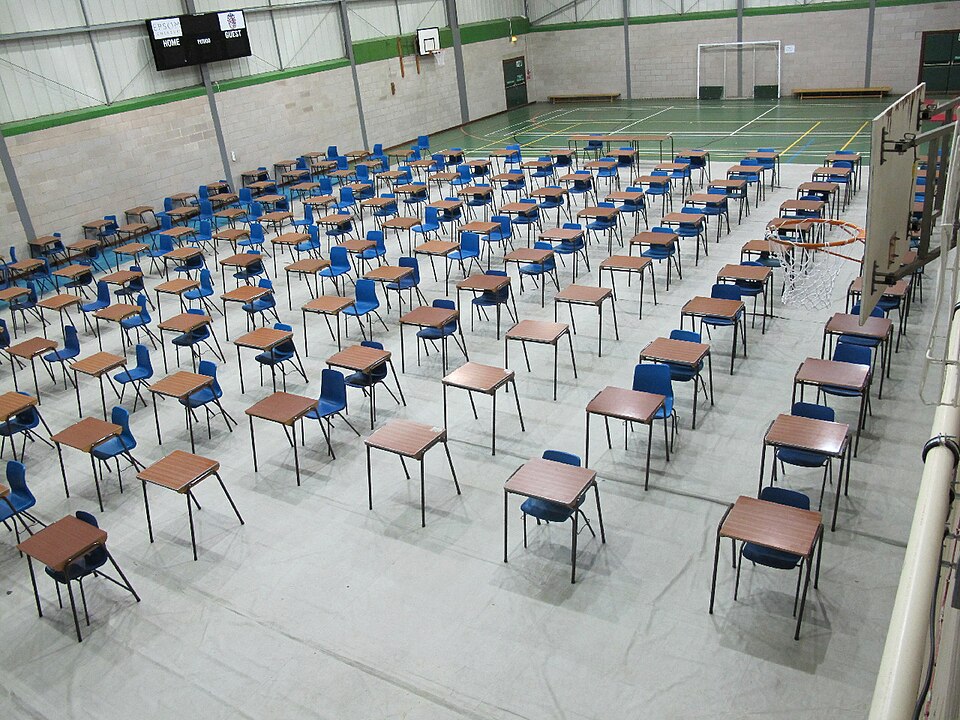
Thousands of students will receive their exam results digitally this summer as part of a new government initiative aimed at modernising education records and reducing bureaucracy.
The pilot program, rolling out in Greater Manchester and the West Midlands, will allow over 95,000 students to access their GCSE results through a new Education Record app. The app will store qualifications and key information in one place, making it easier for students to apply for further education, apprenticeships, or jobs—without digging through paper files.
The Department for Education (DfE) estimates the shift could save schools and colleges up to £30 million a year once implemented nationwide—enough to hire over 600 new further education teachers. These savings will be reinvested in skills development to fuel economic growth.
The Education Record app is part of a wider push to modernise public services through smarter use of technology.
Education Minister Stephen Morgan said:
“It is high time exam records were brought into the 21st century, and this pilot will allow schools and colleges to focus on what they do best: teaching the next generation rather than being bogged down in bureaucracy.
This government is slashing red tape through our Plan for Change to drive growth, cut admin for teachers and give tens of thousands of young people more opportunities to get on in skilled careers”.
Mark Giles, Principal at the Hathershaw College school, said:
“We were proud to support the DfE last summer with the initial trial. The support from the DfE was excellent and the feedback from students and staff was very positive as the education record was accurate, verifiable and could be presented to providers without delay.
We believe this will reduce administrative burdens on schools, and in the future could also be utilised by parents of younger children to support transition from primary to secondary school”.
This digital upgrade supports the government’s broader digital transformation goals, led by the Technology Secretary, aiming to save up to £45 billion a year in public sector productivity.
In parallel, the government is investing in post-16 education and vocational training. Recent reforms include:
- New English and maths requirements to help up to 10,000 more apprentices qualify annually.
- Shorter, more flexible apprenticeships.
- Streamlined assessment processes for employers and providers.
- A £302 million boost to improve college buildings across England.
Additionally, a £625 million investment announced in March will support training for 60,000 more engineers, electricians, and builders by 2029, aligning with the government's homebuilding targets. Photo by Exam tables in sports hall, Epsom College by David Hawgood, Wikimedia commons.



































